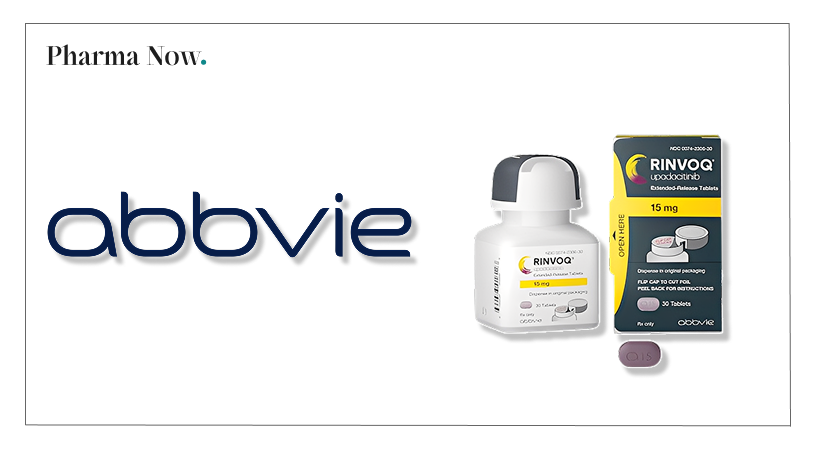AbbVie’s RINVOQ Achieves Positive Phase 3 Results In Adults And Adolescents With Non-Segmental Vitiligo
AbbVie’s upadacitinib (RINVOQ®) shows positive Phase 3 results in non-segmental vitiligo, achieving key repigmentation endpoints.
Breaking News
Oct 30, 2025
Vaibhavi M.

AbbVie Inc. announced positive topline results from two replicate Phase 3 trials evaluating the safety and efficacy of upadacitinib (RINVOQ®; 15 mg once daily) in adult and adolescent patients with non-segmental vitiligo (NSV), the most common form of the disease, accounting for more than 90% of cases. NSV is characterised by symmetrical white patches on both sides of the body, which significantly affects patients’ appearance and quality of life.
"Vitiligo is more than a skin condition – it's a chronic autoimmune disease that can deeply affect a person's confidence, identity and daily life," said Kori Wallace, M.D., Ph.D., vice president, global head of immunology clinical development, AbbVie. "There are no approved systemic medical therapies for achieving re-pigmentation in vitiligo. These Phase 3 results represent a significant milestone in AbbVie's commitment to supporting patients and expanding our immunology portfolio to deliver innovative solutions."
Both studies met their co-primary endpoints, with upadacitinib demonstrating statistically significant improvements over placebo at week 48 in T-VASI 50 (≥50% reduction from baseline in total body depigmentation) and F-VASI 75 (≥75% reduction in facial depigmentation). About 70% of patients in both studies had T-VASI >10 at baseline. The treatment also achieved significance in key secondary endpoints, including F-VASI 50 at week 48, further confirming its potential to restore pigmentation in highly visible and psychosocially impactful areas such as the face.
"For many people living with vitiligo, the journey is marked by uncertainty, frustration and a lack of medicines that can treat the disease systemically," said Thierry Passeron, M.D., Ph.D., professor and chair, Department of Dermatology, Université Côte d'Azur. "These positive results indicate that targeting the underlying inflammation may offer a systemic treatment option which could help patients achieve visible results."
The safety profile of upadacitinib was consistent with prior indications, with no new safety signals observed. The most common treatment-emergent adverse events (TEAEs) included upper respiratory tract infections, acne, and nasopharyngitis. Serious adverse events were comparable between the treatment and placebo arms across both studies, and no major cardiovascular events (MACE), venous thromboembolism (VTE), or deaths were reported among patients receiving upadacitinib. One malignancy case (genital neoplasm) occurred in the treatment group. AbbVie noted that upadacitinib is not currently approved for use in NSV, and its safety and efficacy for this indication have not been evaluated by regulatory authorities.
